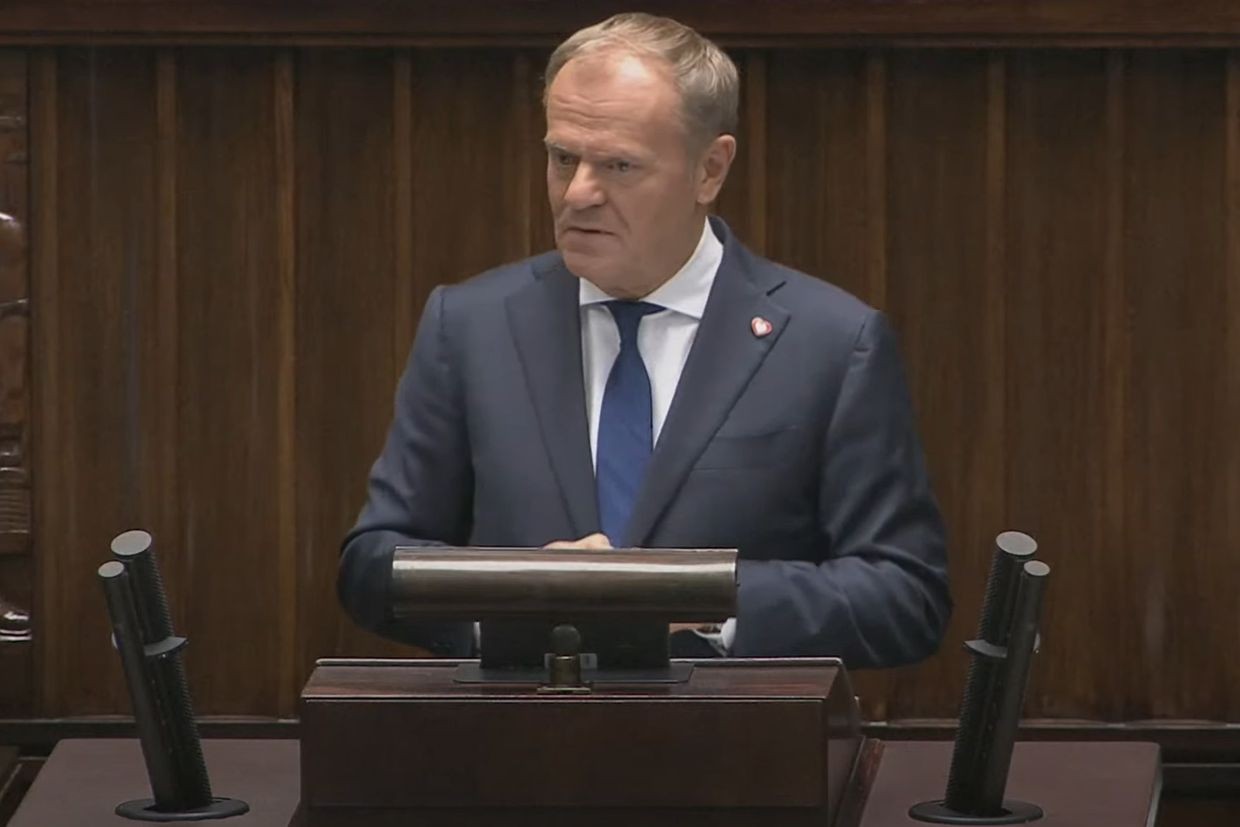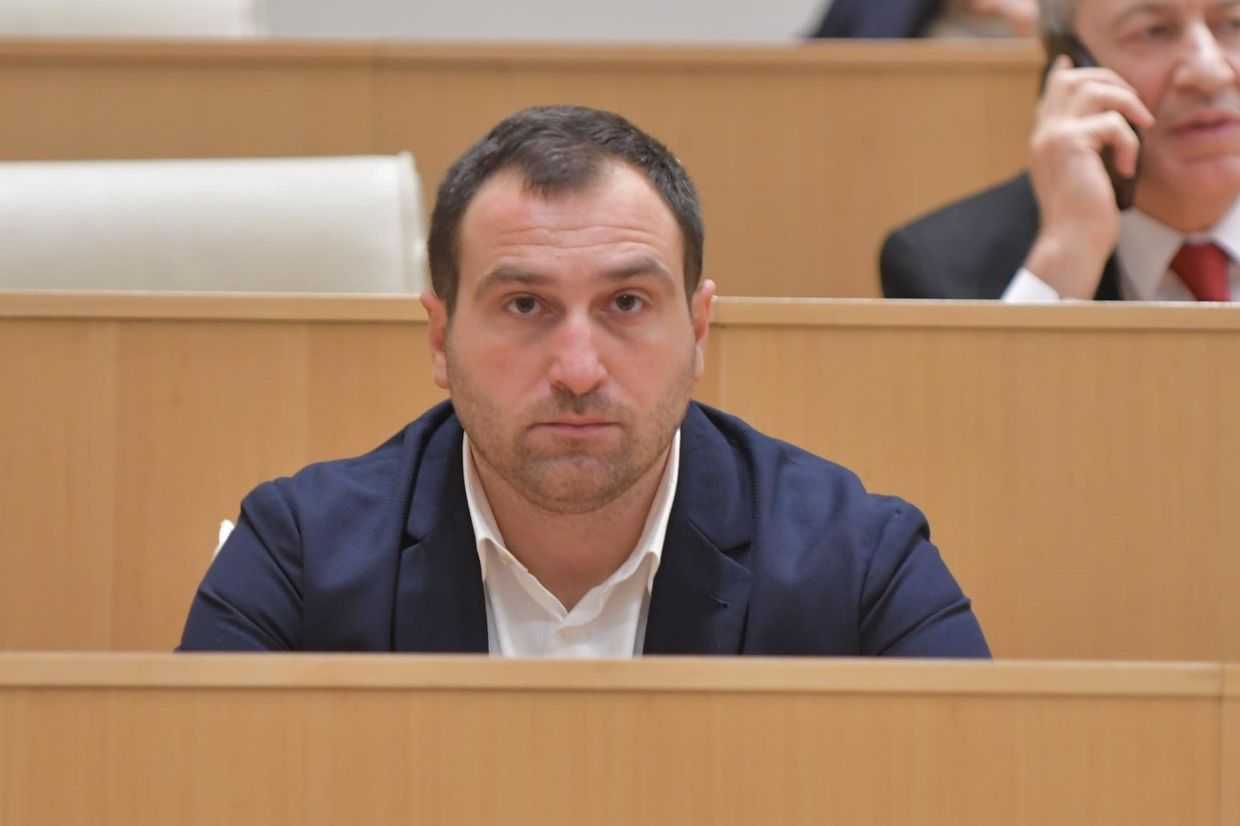
Polish Prime Minister Donald Tusk has said his government is lobbying among EU states to revoke visa-free travel to the bloc for Georgian citizens.
Tusk made the comments while speaking about immigration in an address to the Polish parliament on Wednesday, before winning a crucial vote of confidence in his government.
‘We are building the necessary majority to limit or suspend visa-free travel with Georgia, among others’, he said. ‘Yes, this is also my intention, in the full knowledge that a third of Georgians are people who would very much like to share our values, but we know what the problem is.’
‘It is not just about Georgia — I apologise to Georgians who may feel offended — but in general, I am a strong advocate of restricting visa-free travel from countries which, as in the case of Georgia, no longer respect either the standards regarding authoritarian authorities or from which migration poses a direct threat to law and order in our country or in Europe’, he said.
The EU lifted the requirement for Georgian citizens to obtain visas to visit most EU countries in 2017. The policy has been popular among Georgians, with the government frequently touting it as one of the key achievements of their time in power.
Suspending the measure would require the support of a qualified majority of EU member states, meaning 15 of 27 member states representing at least 65% of the bloc’s total population.
As the Georgian Government has grown increasingly authoritarian in recent years, there have been several reports that suspending the visa-free regime was being considered in Brussels.
Such reports grew more frequent following disputed parliamentary elections in October 2024, and the government’s subsequent announcement they were freezing the EU application process and violent crackdowns on protesters.
Addressing the issue on Wednesday, Tusk said his government was carrying out daily deportations of criminals from the country.
‘The latest deportation of criminals from Georgia — four days ago 50 Georgians suspected of criminal activities were deported’, he said.
The issue of Georgian criminals in Poland has in recent months become a hot topic.








